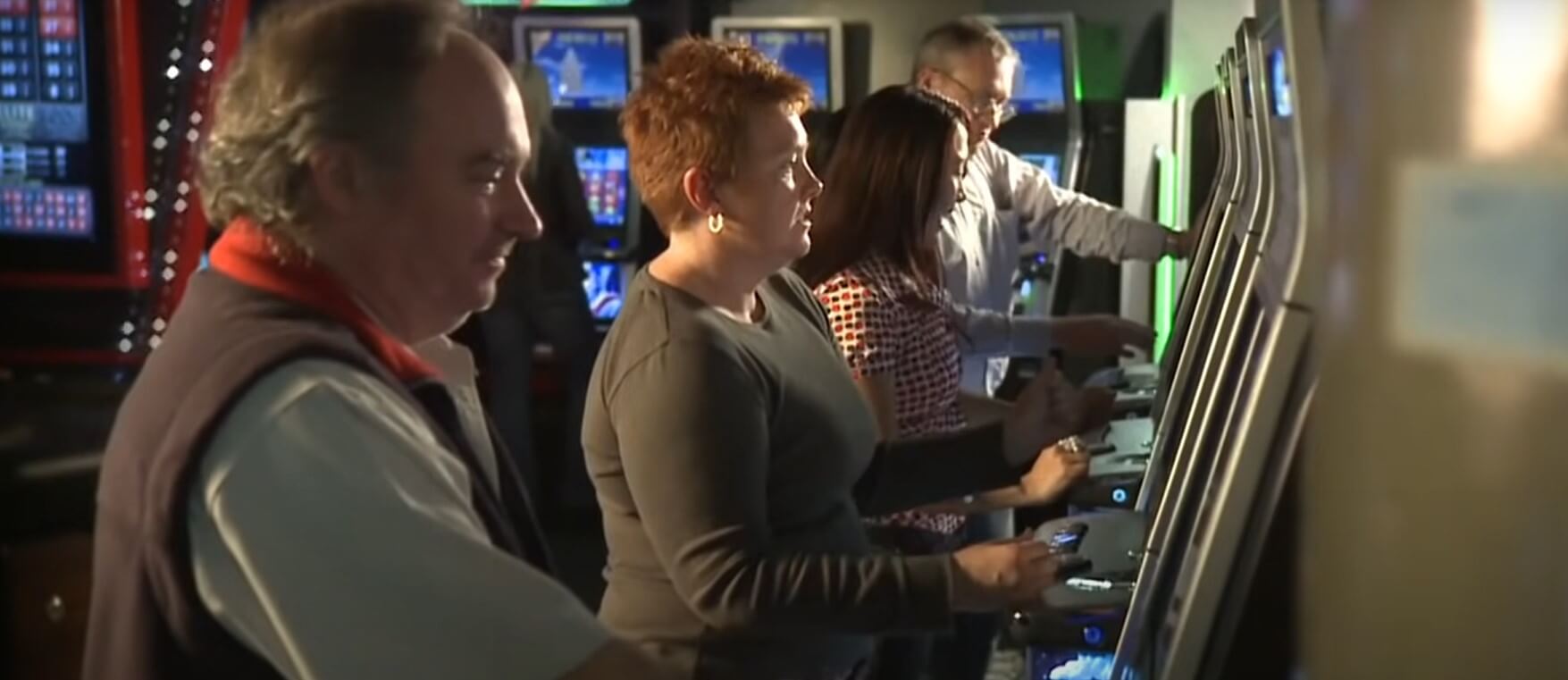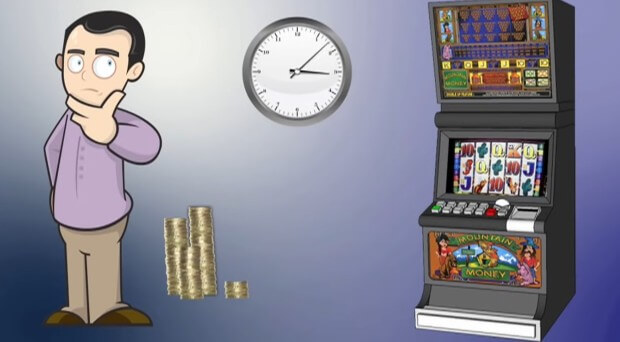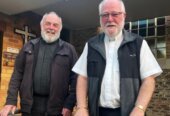The country’s fourth largest gambling operator has taken issue with a Waipā District Council report which suggested community funding from pokie machines was going from the poor to the rich.
Grassroots Trust, which operates 70 per cent of the gambling machines in the district,
is opposing a suggestion to reduce machine numbers via a sinking lid policy.
Currently under the council’s existing Gambling Policy the numbers of pokie machines are limited to 232. If a new venue wants machines, it must wait for an existing venue to relinquish its licence.
Staff, who prepared a social impact assessment of gambling as part of a report, recommended the status quo when the revised policy went to last month’s Strategic Planning and Policy committee.
But pressure from elected members and community groups around problem gambling and how much of the profits were being distributed within the district resulted in the council’s decision to go out for informal consultation instead.
Cambridge Community Board supports a sinking lid policy while the Te Awamutu and Kihikihi board has yet to make a decision.
Grassroots executive chairman Martin Bradley said his trust took its grants process seriously with the area where the funds are raised, and community need at the top of the list.
The gaming sector is legally required to return a minimum of 40 per cent of the funds raised from gaming machines to the community via grants.
The report considered by councillors last month did not look at the percentage granted from profits, but the percentage granted from the total amount gambled, ultimately leading to a view in some quarters that the trust was well shy of the 40 per cent grant rate.
About 10 per cent of the $10.71 million put into Waipā machines in the 12 months to March 31 was returned to the district in the form of community grants, the Department of Internal Affairs says.
Bradley said for the period January 1 to June 30, Grassroots Trust returned $1.335 million – or 45.47% – to the community, with a further $638,508 to national organisations in Waipā.
And a claim in the council report that groups benefitting most from the funding were from less highly deprived areas was untrue, he said.
“The trust is a large funder of essential services such as rescue helicopters, St. John Ambulance, surf lifesaving, and Hospice; services every New Zealander have, or may need to, access one day, regardless of their demographic,” Bradley said in a response to The News.
The trust also provided funding to schools, early childhood centres, local charities and sporting organisations, he said.
Trusts like Grassroots were world-leading in terms of minimising harm from gambling, he argued. The trust provided all its venue staff with unlimited training and education on identifying signs of problem gambling.
It had also committed to installing facial recognition across all venues to identify self-excluded gamblers.
Forty one people had excluded themselves from Waipā gaming venues as of February this year.
“Considered against a population of approximately 53,600 residents, the Waipā district’s problem gambling rate is very low,” said Bradley.
“There is no proven correlation between the number of gaming machines and problem gambling. The number of gaming machines in Waipā has stayed mostly static over the past five years with a growth in revenue, while problem gambling numbers have not increased.”
Any move to reduce the number of machines would accelerate the migration to online gambling, he said.
“(That’s) an environment that is accessible 24 hours a day, usually via mobile, has no restriction on bet sizes, is not monitored for problem gambling, and only benefits offshore providers,” said Bradley.
There are 72 gaming machines in Cambridge, 36 in Leamington, 106 in Te Awamutu and a further 18 in Kihikihi.
Class four gaming societies like Grassroots – the largest in the North Island and fourth largest in New Zealand – are regulated by the Department of Internal Affairs. The industry pays a levy of over $20 million to the government each year, and $3-4 million on prevention and minimisation measures.
Grassroots Trust Group operates 1369 gaming machines across 92 venues nationwide.
Feedback on the council’s Gambling Policy opens next Monday on its website and must be provided by Friday August 25.
Read: Pokies policy poser
- This article differs from the newspaper’s printed version and says a Department of Internal Affairs presentation, not a council report, said 10 per cent of the $10.71 million put into Waipā machines in the 12 months to March 31 was returned to the district in the form of community grants.
- The council report referenced a six-month and not a 12-month period. See the report page 234 of the Strategic Planning and Policy committee agenda.









